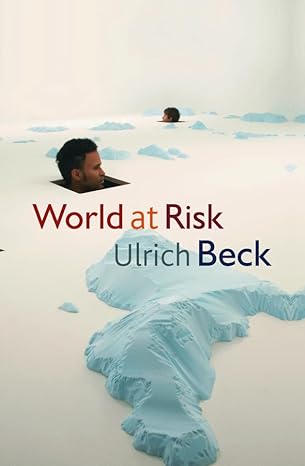
Ulrich Beck, now a Professor Emeritus at London School of Economics, is unlike other academics. His forays into sociology seek to make sociology real or as deeply connected as he can to lay people.
In “Risk Society,” Ulrich Beck argued that the world has reached a stage where the “past cannot control the risk of the present, and the present cannot dictate the risk of the future.” It is somewhat similar to the American version of Murphy’s Law: whatever goes wrong will go wrong. One just can’t control it.
Take the Fukushima nuclear reactor meltdown, for instance. It was insulated to be safe. But the tsunami on March 11, 2012 breached the surrounding walls, which were built just two feet short of the waves, and the critical reactors were inundated. What was within a controlled environment had, in a single devastating morning, transformed the nuclear reactor and compromised the lives and victims of the earthquake within a fairly large radius.
Risk, of the industrial kind, indeed, of the political kind,has increased in many forms. Be it our exposure to bug resistant antibiotics or radiological, chemical and biological weapons one day, we are all at risk. It is this ever-increasing risk element that makes our society unique, especially when we are often times oblivious to the ever present dangers we live in.
Over the last two decades, the dangers highlighted by Beck have taken on new forms and assumed even greater significance. Terrorism has shifted to a global arena; financial crises have produced worldwide consequences that are difficult to control and politicians have been forced to accept that climate change is not idle speculation. In short, we have come to see that today we live in a world at risk.
A new feature of our world risk society is that risk is produced for political gain. This political use of risk means that fear creeps into modern life. A need for security encroaches on our liberty and our view of equality.
However, Beck is anything but an alarmist and believes that the anticipation of catastrophe can fundamentally change global politics. We have the opportunity today to reconfigure power in terms of what Beck calls a ‘cosmopolitan material politics’.
“Risk Society” is a timely and far-reaching analysis of the structural dynamics of the modern world, the global nature of risk and the future of global politics by one of the most original and exciting social thinkers writing today.
